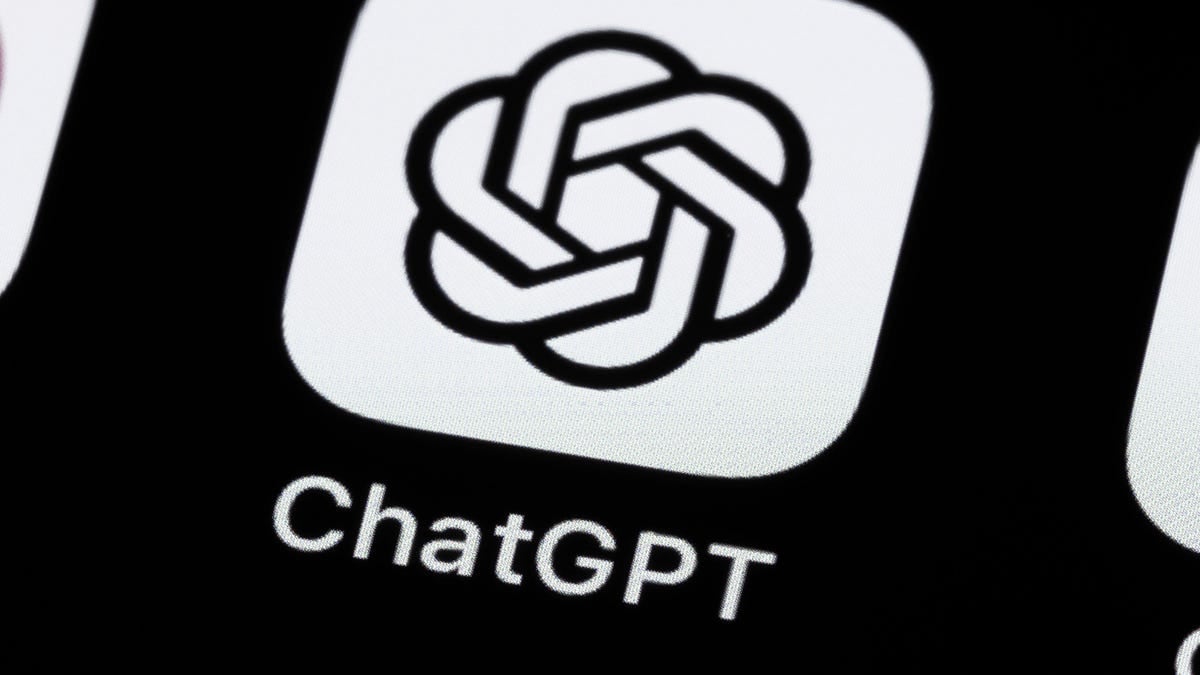- cross-posted to:
- [email protected]
- cross-posted to:
- [email protected]
The research from Purdue University, first spotted by news outlet Futurism, was presented earlier this month at the Computer-Human Interaction Conference in Hawaii and looked at 517 programming questions on Stack Overflow that were then fed to ChatGPT.
“Our analysis shows that 52% of ChatGPT answers contain incorrect information and 77% are verbose,” the new study explained. “Nonetheless, our user study participants still preferred ChatGPT answers 35% of the time due to their comprehensiveness and well-articulated language style.”
Disturbingly, programmers in the study didn’t always catch the mistakes being produced by the AI chatbot.
“However, they also overlooked the misinformation in the ChatGPT answers 39% of the time,” according to the study. “This implies the need to counter misinformation in ChatGPT answers to programming questions and raise awareness of the risks associated with seemingly correct answers.”



I appreciate the XKCD comic, but I think you’re exaggerating that other commenter’s intent.
The tech has been improving, and there’s no obvious reason to assume that we’ve reached the peak already. Nor is the other commenter saying we went from 0 to 1 and so now we’re going to see something 400x as good.
I think the one argument for the assumption that we’re near peak already is the entire issue of AI learning from AI input. I think numberphile discussed a maths paper that said that to achieve the accuracy that we want, there is simply not enough data to train it on.
That’s of course not to say that we can’t find alternative approaches
We’re close to peak using current NN architectures and methods. All this started with the discovery of transformer architecture in 2017. Advances in architecture and methods have been fairly small and incremental since then. The advancements in performance has mostly just been throwing more data and compute at the models, and diminishing returns have been observed. GPT-3 costed something like $15 million to train. GPT-4 is a little better and costed something like $100 million to train. If the next model costs $1 billion to train, it will likely be a little better.
Removed by mod
In general, “The technology is young and will get better with time” is not just a reasonable argument, but almost a consistent pattern. Note that XKCD’s example is about events, not technology. The comic would be relevant if someone were talking about events happening, or something like sales, but not about technology.
Here, I’m not saying that you’re necessarily right or they’re necessarily wrong, just that the comic you shared is not a good fit.
Removed by mod
I don’t think continuing further would be fruitful. I imagine your stance is heavily influenced by your opposition to, or dislike of, AI/LLMs
Removed by mod